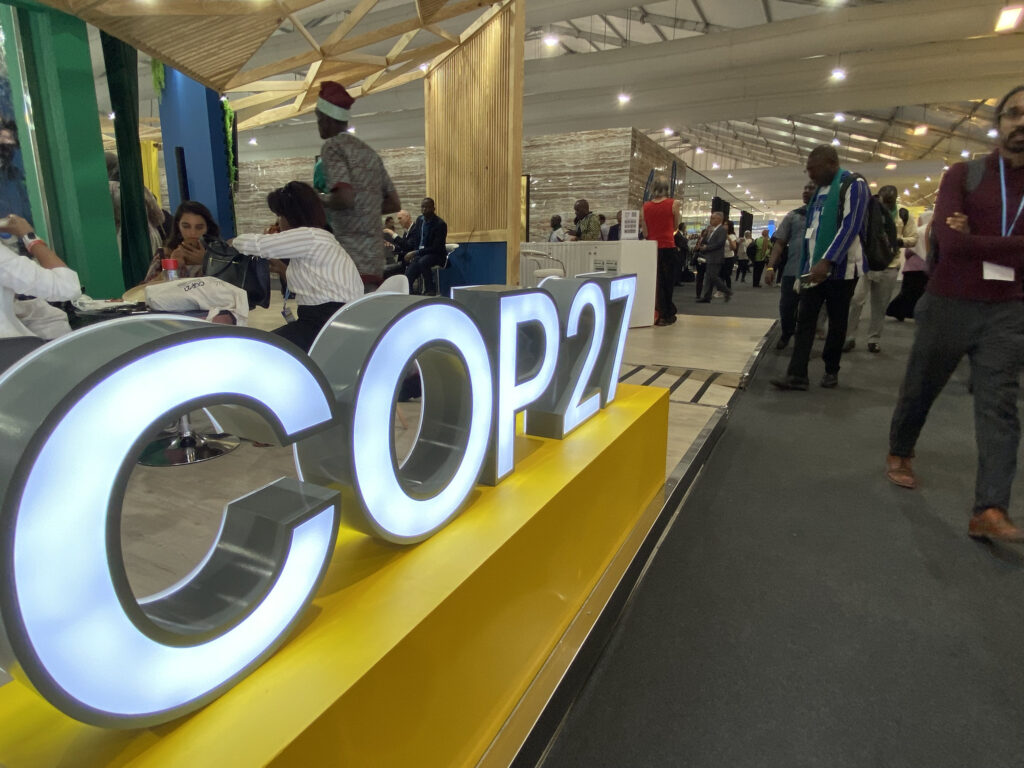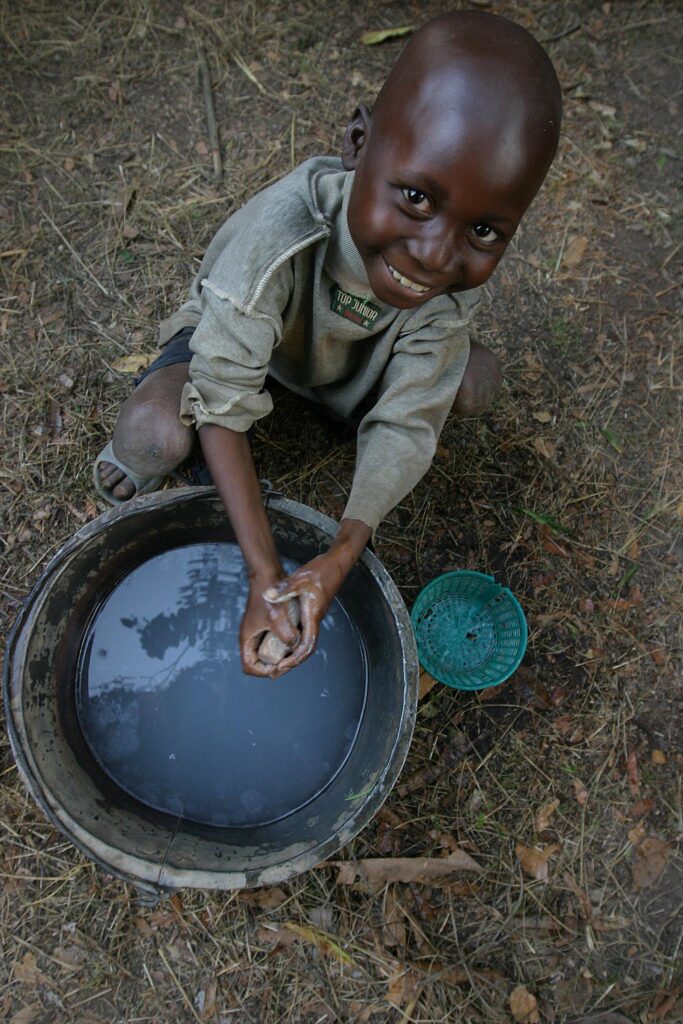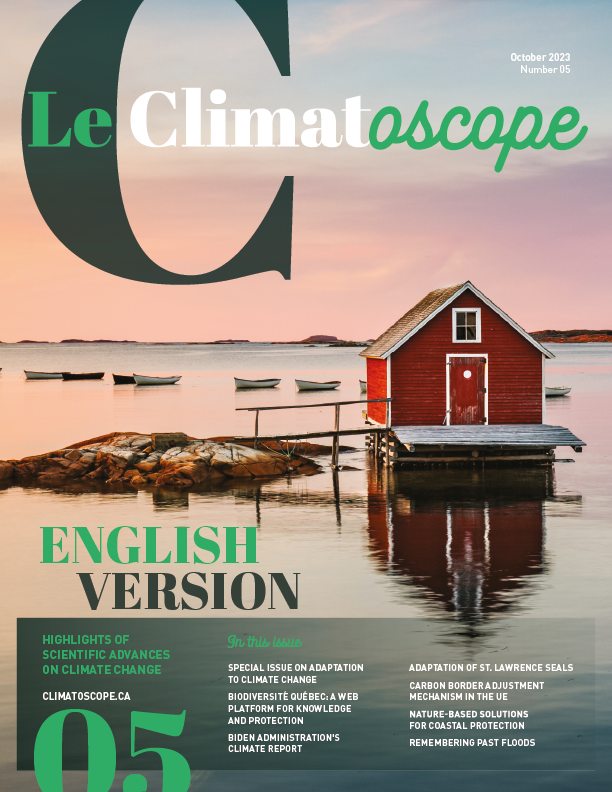
Adaptation Is Also an Emergency
The United Nations reports that July 2023 was the hottest month on record for the entire planet. Here are two examples among many: On August 2, 2023, the government of Iran, on the recommendation of its ministry of health, decreed two public holidays throughout the country to protect the health of its population. At the…
Lire la suite
Adaptation Futures 2023: The Opportunity to Rethink Climate Change Adaptation together
Once viewed as a remote, distant, and abstract environmental issue because it was too global, climate change has become a continuously topical issue and is described as a global emergency with increasingly present and worrisome economic and human consequences. The latest reports from the Intergovernmental Panel on Climate Change (IPCC) and news reports from around…
Lire la suite
Just Climate Adaptation and Loss and Damage Action in an Emergency
According to Intergovernmental Panel on Climate Change (IPCC) reports, the risks of negative impacts from climate change are very high (IPCC, 2022). Many world regions must already take action to cope with the adverse effects of climate change and minimize the risks of climate losses and damages, for example, loss of lives or cultural heritage,…
Lire la suite
Weaving Knowledge: Roles Involved in Coordinating the Science of Climate Change Adaptation
The sixth report of the Intergovernmental Panel on Climate Change (IPCC) (2022) states that the political commitments made at the Glasgow United Nations Convention on Biological Diversity (COP) in November 2021 are insufficient to contain global warming to the level of the Paris Agreement (below 1.5 °C). Beyond this threshold, our societies’ will be progressively less…
Lire la suiteNature-based Solutions for Coastal Protection in Canada: Lessons Learned from Multiscale Laboratory Experiments
Over one third of the world’s population resides within 100 km of a coast, and this is expected to increase to 50 % by 2030 (Bilkovic et al., 2017). This places a significant proportion of the globe in the direct path of coastal hazards including erosion, flooding, and extreme events such as hurricanes and tsunamis. For…
Lire la suite
Toward Resilient Socioeconomic Development: Making Decisions That Take Climate Risks Into Account
In Canada, adaptation scientists emphasize how challenging decision-making is (Boyd and Markandya, 2021). More specifically, the main challenges involve bringing together an economic appraisal for a diversity of risks emerging from climate change, in order to estimate the costs of inaction, but also the costs of adaptation solutions as well as their effectiveness and impacts,…
Lire la suite
When Standing Is No Longeran Option: Creation of a Loss and Damage Fund at COP27
At the conclusion of the 27th Conference of the Parties (COP27) of the United Nations Framework Convention on Climate Change (UNFCCC) (in Sharm el-Sheikh, Egypt, November 6–18, 2022), countries agreed to set up a new fund to support vulnerable countries suffering losses and damage from climate change (UNFCCC 2022a, para. 3; 2022b, para. 46). Although…
Lire la suite
The Role of Health in National Adaptation Plans in Developing Countries
Climate and Health: A Time Bomb Climate change represents one of the greatest challenges in human history. It brings into question the right to health, which is a fundamental human right (WHO and Health Canada, 2021). According to the World Health Organization (WHO), climate change will cause an additional 250,000 deaths per year by the…
Lire la suite




